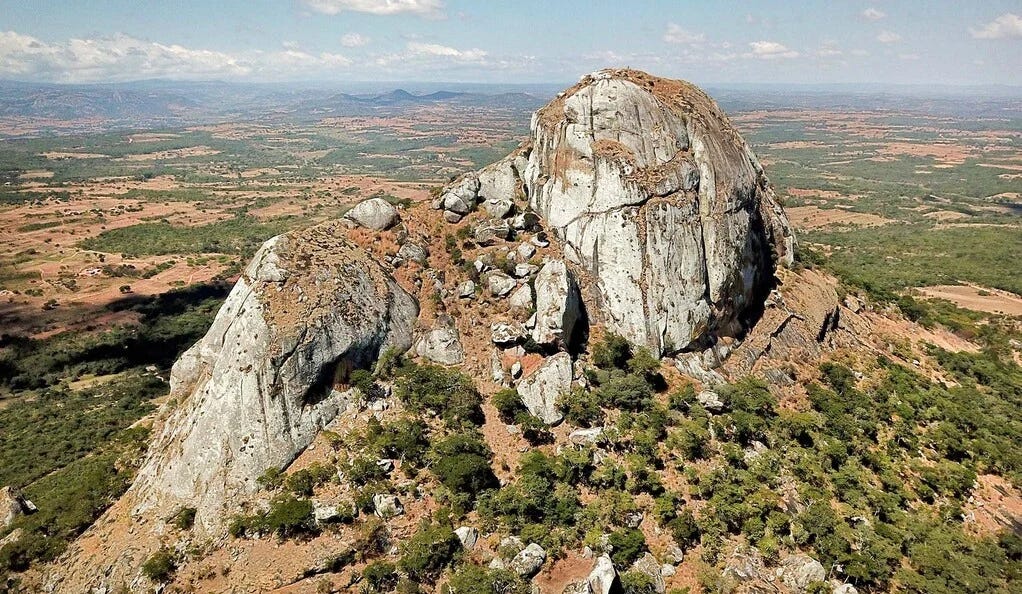Developing Ethical Guidelines for Ancient DNA Research: A New Approach for Anthropologists and Archaeologists
Manage episode 438789698 series 3444207
The study of ancient DNA has revolutionized our understanding of human history, migration patterns, and evolutionary biology. However, the rapid advancements in this field have also brought forth ethical dilemmas, particularly concerning the treatment of ancient human remains and the potential impact of genetic findings on living communities. In response to these concerns, a team of researchers, led by Yale paleoanthropologist Jessica Thompson, has proposed a set of guidelines aimed at ensuring ethical practices in ancient DNA research. These guidelines, recently published in the journal Communications Biology1, emphasize the importance of obtaining informed proxy consent and engaging with communities that may be affected by the research.
The Ethical Imperative: Balancing Scientific Discovery and Community Impact
Ancient DNA analysis, which involves the extraction and study of genetic material from human remains, has become a powerful tool for unraveling the mysteries of our ancestors. It offers insights into how ancient populations migrated, interacted, and evolved over time. However, this research can have unintended consequences for living communities, particularly those that identify with or are descended from the populations under study.

Unlike research involving living human subjects, which is governed by strict ethical guidelines and requires informed consent, studies on ancient human tissues are often less regulated. This disparity raises significant ethical questions. As Jessica Thompson and her colleagues argue, the legal permissibility of a research practice does not necessarily equate to ethical soundness. Thompson asks, highlighting the need for a more rigorous ethical framework,
"Does the fact that your research practices are legal also make them ethical?"
Proposed Guidelines: Informed Proxy Consent and Community Engagement
Thompson and her coauthors, Victoria E. Gibbon and Sianne Alves from the University of Cape Town, propose a process of "informed proxy consent" as a way to address the ethical challenges posed by ancient DNA research. This approach involves obtaining consent from communities, descendants, or other stakeholders who may be impacted by the research. The goal is to ensure that these parties are fully informed about the research objectives, methodologies, and potential outcomes, and that they have the opportunity to voice any concerns or objections.
The authors suggest several steps that researchers can take to implement informed proxy consent. First, they recommend providing a detailed overview of the research project, including its goals, background, and expected results. This information should be shared with interested parties, allowing them ample time to consider the implications of the research. Researchers should then reengage with these parties to address any concerns and to discuss plans for the respectful treatment, storage, and potential return of human remains.
The process is designed to prevent "parachute research," a practice in which researchers from well-funded institutions conduct studies in less-resourced regions without engaging with local communities or sharing the results of their work. By fostering collaboration and transparency, Thompson and her colleagues believe that researchers can not only minimize harm but also enrich their studies with valuable insights from those who live in the areas being studied.
Case Studies: Ethical Considerations in Practice
The complexities of obtaining informed proxy consent are illustrated by several case studies mentioned in the article. One notable example involves Australian Aboriginal communities in the Willandra Lakes Region, who have successfully sought the repatriation of ancient remains, some dating back as far as the Neanderthal period. These communities have a deep cultural connection to the ancient peoples of the region, despite the vast temporal distance. The authors argue that such connections must be respected and that researchers should engage with cultural groups that identify with ancient populations.
Thompson's own work in Malawi serves as another example. Her research focuses on ancient peoples who lived in what is now Malawi, a country in eastern Africa. Recognizing the ethical implications of her work, Thompson has made it a priority to share her findings with local communities, ensuring that they are informed and that their perspectives are considered. However, obtaining funding for such community engagement efforts can be challenging, and Thompson argues that funding agencies and institutions need to adopt a more inclusive view of what constitutes the "essential costs of research."
Moving Forward: A Collaborative and Ethical Approach to Ancient DNA Research
The guidelines proposed by Thompson and her coauthors represent an important step toward a more ethical approach to ancient DNA research. By emphasizing informed proxy consent and community engagement, the authors aim to create a framework that not only minimizes harm but also enhances the quality and relevance of the research. As Thompson explains,
"This is an effort to craft a better approach to research that is not just more ethical, but also more interesting and productive. It’s about working with communities, not just within them."
The article offers practical advice for researchers, including checklists and step-by-step guidance for engaging with affected communities. The intention is not to impose rigid rules but to encourage researchers to think critically about the ethical implications of their work and to take proactive steps to address potential concerns.
Conclusion: Ethical Research as a Pathway to Deeper Understanding
As the field of ancient DNA research continues to evolve, the ethical challenges it faces will only become more complex. The guidelines proposed by Thompson and her colleagues provide a valuable starting point for addressing these challenges. By fostering a culture of ethical research that prioritizes transparency, respect, and collaboration, the scientific community can ensure that the study of ancient DNA contributes to a deeper understanding of our shared human history without causing harm to the living.
Gibbon, V. E., Thompson, J. C., & Alves, S. (2024). Informed proxy consent for ancient DNA research. Communications Biology, 7(1), 1–11. https://doi.org/10.1038/s42003-024-06413-0
4 эпизода




